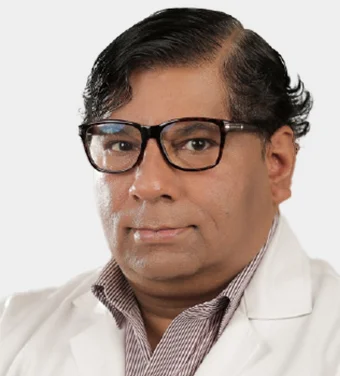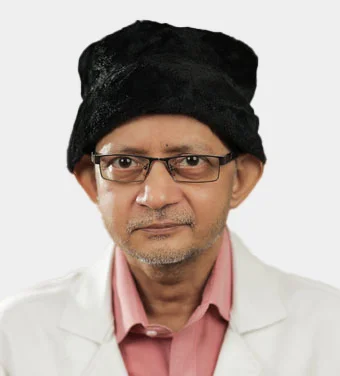
At IBS Hospital, we provide specialized care for individuals facing neuromuscular diseases. Our team combines medical proficiency with compassionate support, tailoring treatments to each patient’s unique needs. With cutting-edge therapies and unwavering commitment, we aim to enhance the quality of life for those living with neuromuscular conditions.
What are Neuromuscular Diseases?
Neuromuscular Diseases encompass a diverse range of conditions affecting the peripheral nervous system, which includes the motor and sensory nerves. These diseases are primarily characterized by progressive muscle weakness and can impact the nerves controlling muscles, the muscles themselves, or the communication between nerves and muscles.
What are the common types of Neuromuscular Diseases?
- Amyotrophic Lateral Sclerosis (ALS): A rare condition affecting motor cells in the brain responsible for voluntary movements like walking and talking.
- Muscular Dystrophy: Encompasses over 30 different genetic conditions characterized by progressive muscle weakness.
- Myasthenia Gravis: An autoimmune disease causing gradual loss of strength in voluntary muscles due to antibodies blocking nerve signals.
- Spinal Muscular Atrophy: A group of genetic diseases targeting and damaging motor neurons responsible for controlling limb, face, throat, and tongue movements.
Recognising the Symptoms of Neuromuscular Diseases
Symptoms of neuromuscular diseases vary in severity and may include:
- Muscle weakness
- Increased muscle wastage
- Frequent cramps
- Muscle spasticity
- Muscular pain
- Breathing and swallowing difficulties
What causes Neuromuscular Diseases
Neuromuscular diseases can result from various factors, including:
- Genetic abnormalities
- Viral infection
- Autoimmune disorder
- Hormonal imbalance
- Metabolic conditions
- Substance abuse
- Medication overuse
- Inadequate nutrition
Diagnosis of Neuromuscular Diseases
To diagnose neuromuscular diseases, a series of tests are performed based on the patient’s symptoms, including nerve conduction tests to assess nerve signal transmission. Additional tests may include:
- Electromyography (EMG)
- Blood analysis
- Genetic testing
Management / Treatment of Neuromuscular Diseases at IBS Hospital
While permanent cures for neuromuscular diseases are not available, our focus at IBS Hospital is on effective medical intervention to manage symptoms and enhance patients’ quality of life. Our dedicated team tailors personalized treatment plans, utilizing medication and regular monitoring to address individual needs and disease characteristics. Our compassionate care empowers patients to lead fulfilling lives despite the challenges of neuromuscular conditions.
Our team of experts that make it possible
Meet the team of highly specialised and experienced neurosurgeons, neurologists, orthopedicians, and other experts in the field of neurology and spine care. Our team is dedicated to providing personalised and compassionate care to each patient, with the goal of helping them achieve the best possible outcomes.
IBS Hospital Empowers Your Treatment with Cutting-edge Technology
We continuously incorporate cutting-edge technologies from around the world into our offerings, such as a surgical system that allows for precise and confident complex procedures. We use magnetic stimulation to treat certain neurological conditions and create personalised brain maps for tailored treatment plans. Nerve monitoring during surgeries ensures the nervous system is not compromised, and a robotic exoskeleton aids in mobility issues. Our goal at IBS Hospital is to provide the best care possible, utilising the latest and most innovative technologies available.








